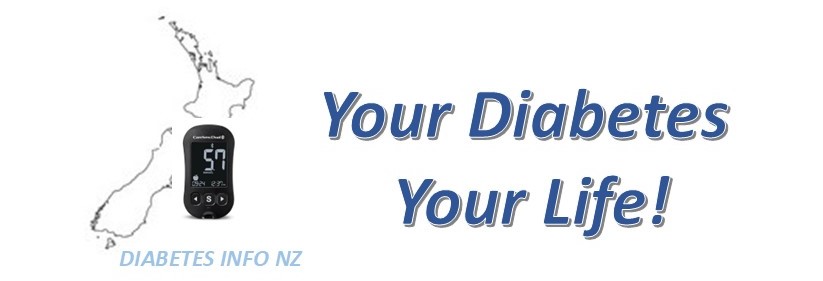Starting on Insulin
Type 2 diabetes is a progressive condition in which the body tends to produce less and less insulin over time. There may come the time when medications for Type 2 diabetes just don’t cut the mustard in terms of keeping blood glucose levels in check. This is a sign that your body is no longer able to produce enough insulin and there is no alternative to keep you healthy other than starting on insulin injections.
There is often reluctance on the part of both the person with type 2 diabetes and the health professional to start insulin injections. This might be due to concerns about weight gain, fear of injections, pain associated with injections and self‐monitoring of blood glucose, or fears around hypoglycaemia.
But timely initiation of insulin therapy, if HbA1c levels are persistently above target, will undoubtedly improve health outcomes – as long as these kinds of concerns can be overcome.
Firstly, remember that this is in no way a reflection of failure, nor of ‘worsening’ of the diabetes. It is simply the natural progression of the condition.
Depending on the duration of diabetes, and your individual circumstances you may not need to stay on insulin ‘forever’. Sometimes insulin is needed temporarily to help people with type 2 diabetes through a period of illness, infection, or surgery. Sometimes, attention to food choices, significant weight loss and increased regular physical activity can reduce the need for additional insulin to be injected, but this is only if your body is still able to make sufficient to keep your blood glucose levels within target.
The possibility of weight gain when starting on insulin is a real and valid concern… especially if no other changes are made to your food intake or lifestyle. On the plus side though, starting on insulin will likely give you more energy, and should bring your overall blood glucose levels down. And if you feel better within yourself then perhaps you might be better placed to consider how you might feel better about yourself.
